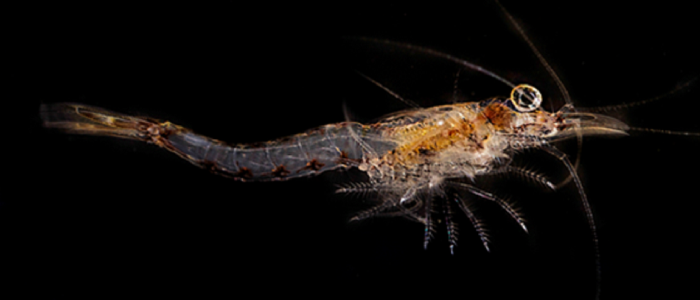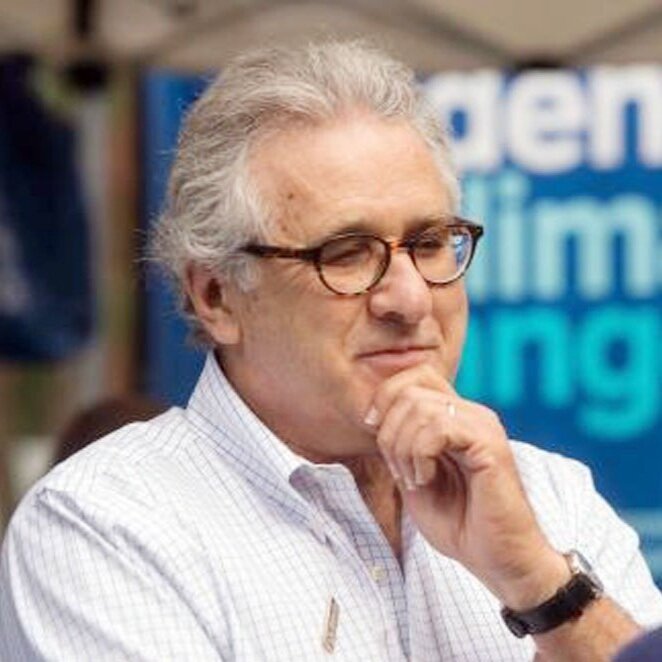And the Medal Goes to…
(repost from Tahoe Environmental Research Center, July 30, 2021)
On July 29 in Tokyo, Katie Ledecky won a gold medal and set a new Olympic record for the high endurance, 1500 m freestyle. Her time was 15 minutes 35.35 seconds. Not bad for a 6 ft human! If you do the math, she swam 820 times her body length in a little more than a quarter of an hour.
Meanwhile, back in Lake Tahoe, Mysis shrimp were setting endurance records of their own. Introduced to Lake Tahoe in the 1960s, Mysis undertake an endurance swim twice daily. Every afternoon, they swim vertically up to 300 m (1000 ft) and arrive at the surface of the lake at nightfall. Under cover of darkness, they proceed to devour the native zooplankton of the lake. As dawn approaches, they swim vertically down again to hide in the deep, unlit recesses of the lake until the next afternoon. With a swim speed of 1.5 cm/sec. they spend over 5 hours swimming each day, covering over 30,000 times their body lengths on each ascent or descent. Over their 3-4 year lifespans, their repetitive journeys will cover over 400 miles.
Soon after their introduction to Lake Tahoe, the Mysis had decimated the population of the native Daphnia. Though holding no world speed or endurance records, Daphnia have an even greater gift. This zooplankter is recognized globally as an indicator of ecosystem health, primarily because of its ability to rapidly remove fine sediment particles and algae from lakes – the primary causes of clarity loss in Lake Tahoe. Daphnia can remove over 100,000 of them each hour.
Tahoe lost this natural internal cleaning ability over 50 years ago because of the introduction of Mysis. Can we get it back? Removing the Mysis could be a big step toward achieving it. Daphnia would be allowed to flourish again, clearing the lake of contaminants, re-establishing the natural lake food web, and restoring the natural conditions that ward off invasive species.
If only there was an Olympic record for environmental restoration!
Prof. Geoffrey Schladow is President of the Board @ Shrimply Blue


